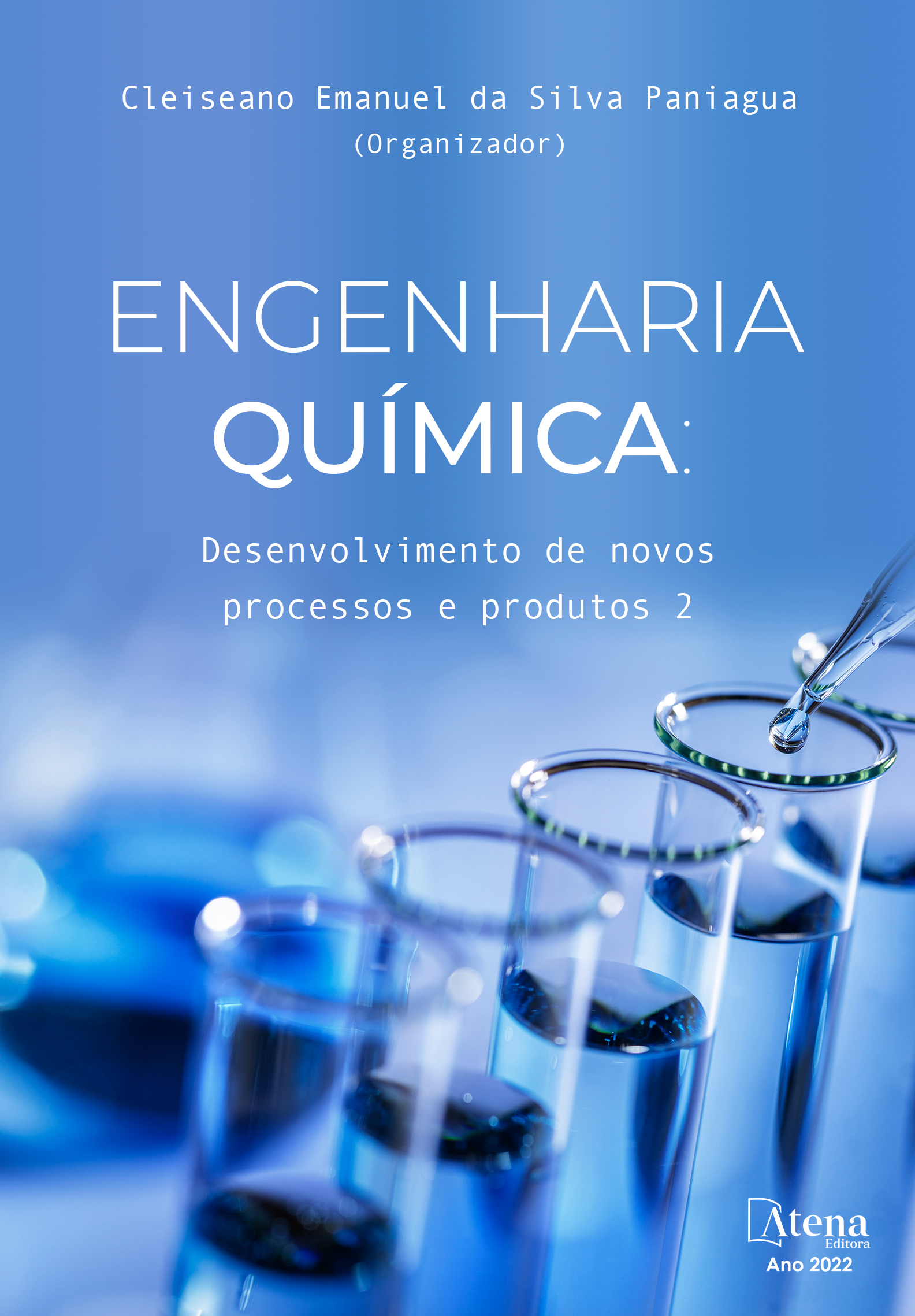
EXTRAÇÃO DE XILOSE E GLICOSE DE EUCLYPTUS sp. PRÉ- TRATADOS COM ÁCIDO PERACÉTICO E HIDRÓXIDO DE SÓDIO
O Eucalyptus é um dos gêneros florestais mais cultivados no Brasil e sua produção origina diversos resíduos como raízes, galhos e folhas. Uma forma de reaproveitamento desse material é aplicando pré-tratamentos químicos e biológicos para fracionar seus componentes lignocelulósicos, e assim ser destinados para a produção de diversos subprodutos. O objetivo deste trabalho foi estudar diferentes pré-tratamentos para madeira in natura e madeira tratada termicamente a 150° C do gênero Eucalyptus, a fim de atingir uma maior deslignificação e preservar o máximo de carboidratos. No estudo deste trabalho foram realizados testes em que o Eucalyptus in natura foi submetido a hidrólise com ácido peracético (PAA) em temperaturas de 60°C e 90°C, diferindo o tempo de contato. Sendo assim, observou-se que a elevação da temperatura atuou como um dos fatores fundamentais, visto que promoveu uma maior remoção da lignina (43%). Consequentemente, essa deslignificação implicou positivamente em maior extração de xilose (40%) e glicose (15%) com maior carga de enzimas 22,5 FPU (Unidades de Papel Filtro). Outro pré-tratamento foi realizado com eucalyptus tratado termicamente a 150° C, na presença de hidróxido de sódio e posteriormente tratado com enzima lacase para remoção da lignina e frações da hemicelulose. Observou-se que a amostra contendo lacase com adição de substrato ABTS apresentou maior intensidade na espectrofotometria UV/VIS e com isso maior extração de xilose (37%) e glicose (10%). Diante destes dados, o pré-tratamento com ácido peracético a 90 °C apresentou maior extração de xilose e glicose, quando comparado com o pré-tratamento com NaOH e lacase.
EXTRAÇÃO DE XILOSE E GLICOSE DE EUCLYPTUS sp. PRÉ- TRATADOS COM ÁCIDO PERACÉTICO E HIDRÓXIDO DE SÓDIO
-
DOI: 10.22533/at.ed.1182212085
-
Palavras-chave: Hidrólise enzimática. Remoção de lignina. Pré-tratamento. Extração de açúcares
-
Keywords: Enzymatic hydrolysis. Lignin removal. Pre-treatment. Sugar extraction
-
Abstract:
Eucalyptus is one of the most cultivated forest genera in Brazil and its production originates various residues such as roots, branches and leaves. One way to reuse this material is by applying chemical and biological pre-treatments to fractionate its lignocellulosic components, and thus be destined for the production of various by-products. The objective of this work was to study different pre-treatments for wood in natura and wood heat treated at 150° C of the genus Eucalyptus, in order to achieve greater delignification and preserve the maximum amount of carbohydrates. In the study of this work, tests were carried out in which Eucalyptus in natura was subjected to hydrolysis with peracetic acid (PAA) at temperatures of 60°C and 90°C, differing the contact time. Thus, it was observed that the increase in temperature acted as one of the fundamental factors, since it promoted a greater removal of lignin (43%). Consequently, this delignification positively implied in greater extraction of xylose (40%) and glucose (15%) with a greater load of enzymes 22.5 FPU (Filter Paper Units). Another pre-treatment was carried out with eucalyptus heat treated at 150°C in the presence of sodium hydroxide and subsequently treated with laccase enzyme to remove lignin and hemicellulose fractions. It was observed that the sample containing laccase with the addition of ABTS substrate showed greater intensity in the UV/VIS spectrophotometry and with that, greater extraction of xylose (37%) and glucose (10%). In view of these data, the pretreatment with peracetic acid at 90 °C showed higher extraction of xylose and glucose, when compared with the pretreatment with NaOH and laccase.
-
Número de páginas: 20
- Eduardo de Souza Costa Antunes
- Raquel Marchesan
- Adriane Maria Ferreira Milagres
- EZEQUIEL MARCELINO DA SILVA


